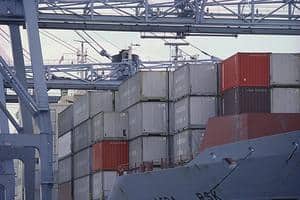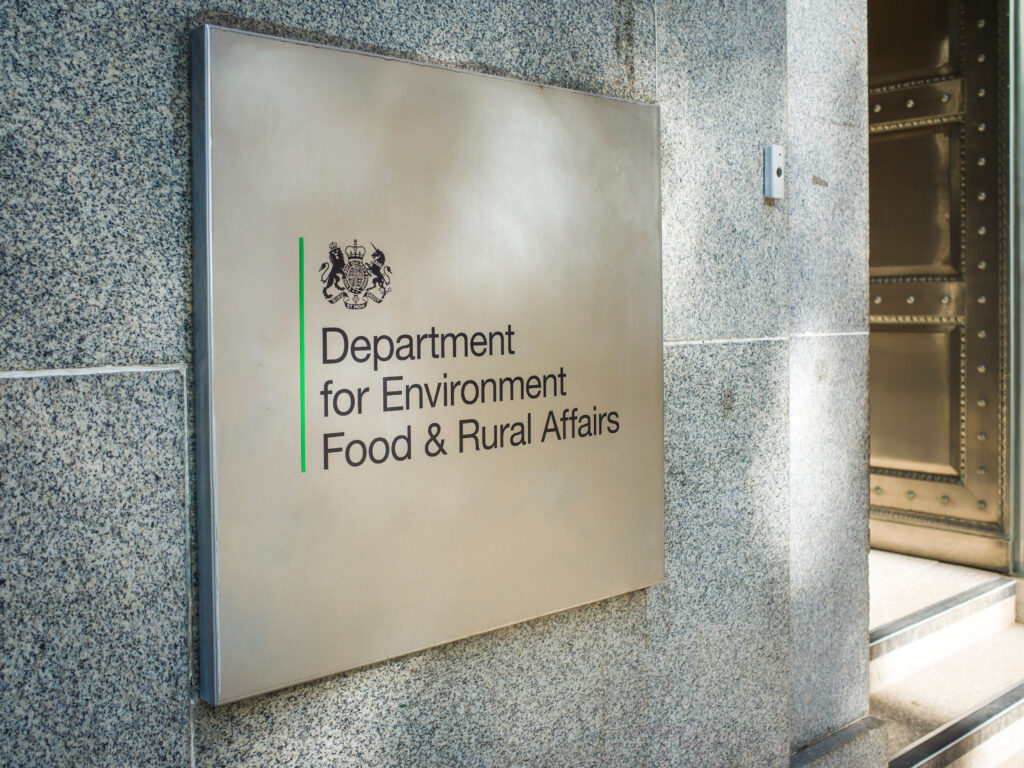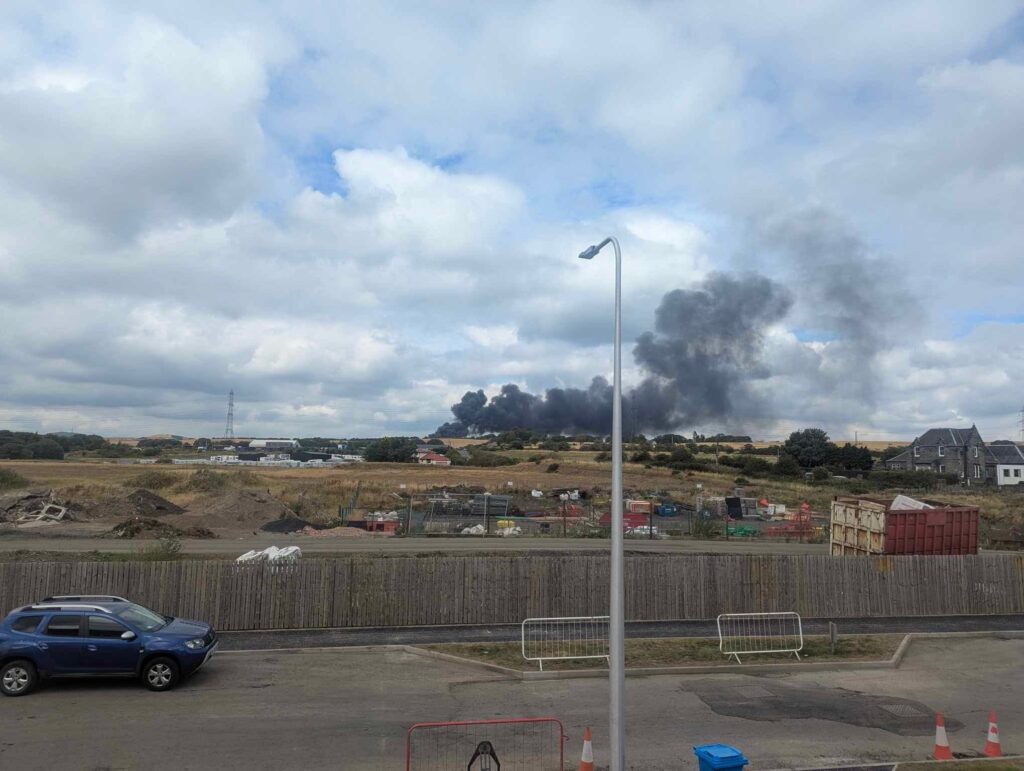The inquiry by the Environment Food and Rural Affairs (EFRA) committee, a body designed to scrutinise Defra's policy and expenditure, was announced last night (July 22), just days after 1,400 tonnes of waste allegedly illegally exported from the UK was uncovered in three Brazilian ports (see letsrecycle.com story).
It is now set to take oral evidence from the Environment Agency and Defra in the autumn, and has invited anyone interested in submitting written evidence to the inquiry to do so by October 5 2009.
The EFRA committee originally began examining the English Waste Strategy shortly after its publication in 2007, focusing on issues such as the implementation of regulations and their enforcement and the classification of waste (see letsrecycle.com story), and held evidence sessions until November 2008.
Agency
Earlier this week, the Environment Agency revealed that it had contacted the Brazilian environmental authorities over the repatriation of the waste that was allegedly exported from the UK and had been working with the shipping lines understood to be involved in the original transport of the waste to ensure that the material was returned.
Speaking to letsrecycle.com, Liz Parkes, head of waste at the EA, claimed that the Agency had “acted promptly” in relation to the incident and she said: “We are in contact with the Brazilian authorities to arrange repatriation of the waste.”
“The shipping line involved will be repatriating the waste at its own expense. When the waste is back we will then make sure it is handled properly. Should any offences have been committed and there is a successful prosecution we would look to recover those costs.”
Despite Brazilian media reports claiming that the material included a range of items such as chemical toilets, empty cards of drugs, condoms, diapers, cloth and leather, Ms Parkes said the content of the 64 containers found in South America was still being examined.
She said: “We don't know the nature of the waste. It was described as plastics scrap on the customs declaration. We understand that the Brazilian authorities are examining the quality of the material. We will examine it when it comes back.”








Subscribe for free